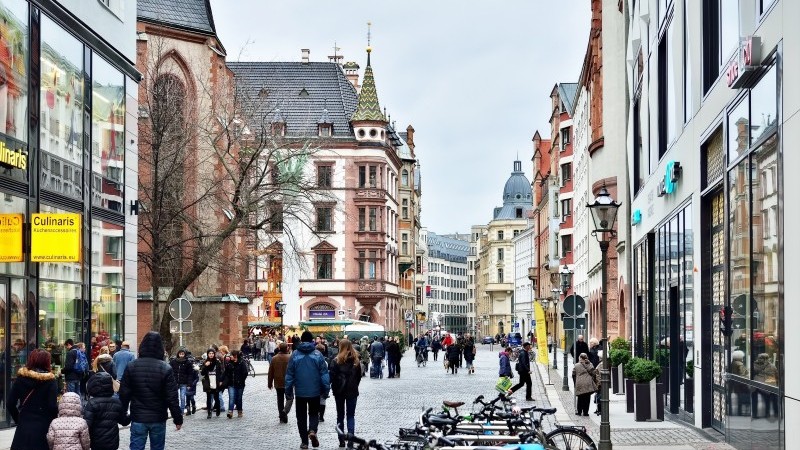Eurozone wage growth picked up slightly in the first quarter, mainly due to a stronger increase in Germany. The increase was unexpected as wage growth is expected to moderate, but a catch-up effect in Germany has allowed it to pick up again at the start of the year. This will help purchasing power recover faster than expected, boosting household consumption and supporting the cautious economic recovery that the Eurozone has embarked on.
The question is to what extent this unexpected increase will surprise the European Central Bank, which has recently placed emphasis on lower wage growth as a condition for interest rate cuts, ahead of its June meeting in two weeks. The labor market remains tight as companies continue to hire, but at the same time, forward indicators of wage growth are relatively benign, especially since many wage agreements tend to follow inflation rather than anticipate it.
Also, the question remains as to how quickly wage growth will ultimately decline, as it is currently still tied to an inflation rate of over 2%. Although the debate may heat up in a couple of weeks, we don't expect the ECB to back away from cutting rates in June, but it is likely to keep rates on hold for July.
The Eurozone economy has been struggling for some time, and while inflation is falling towards target faster than expected, there is still enough uncertainty to not foresee a traditional rate-cutting cycle. Today's wage data will be a good example of this.

